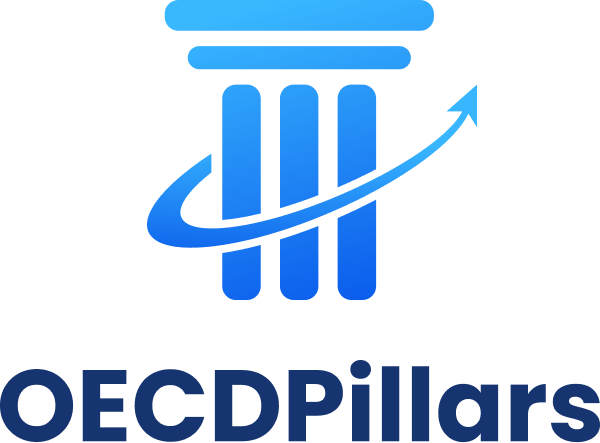General
On March 20, 2023, the German Federal Ministry of Finance published a consultation, including a draft law (the Minimum Taxation Directive Implementation Act), to implement the EU Global Minimum Tax Directive. The consultation is open for comments until April 21, 2023.
The draft legislation is very comprehensive and, as expected, covers all relevant aspects of the EU Global Minimum Tax Directive.
In particular, it provides for an Income Inclusion Rule (IIR) for financial years beginning after December 30, 2023 and the Under-Taxed Payments Rule (UTPR) for financial years beginning after December 30, 2024.
The draft legislation also includes a Qualifying Domestic Minimum Top-Up Tax (for financial years beginning after December 30, 2023) which reflects the latest design guidance in the OECD Administrative Guidance.
In addition, safe harbours, as reflected in the OECD Safe Harbour Guidance are also reflected in the draft legislation.
The structure of the legislation is:
Part 1: General Provisions/Definitions
Part 2: IIR/UTPR
Part 3: Determination of GloBE Income or Loss
Part 4: Determination of adjusted taxes
Part 5: Determination of the effective tax rate and the top-up tax
Part 6: Business restructuring and shareholding structures
Part 7: Special features of ultimate parent companies, distribution regimes and investment units
Part 8: Administration
Part 9: Special provisions for the transitional year, the transitional period and the initial phase
Part 10: Qualified domestic minimum top-up tax (QDMTT)
Part 11: Procedures and Penalties
This layout is pretty much identical to the EU Minimum Tax Directive, with the addition of two new chapters for the QDMTT and procedures and penalties.
Application
















